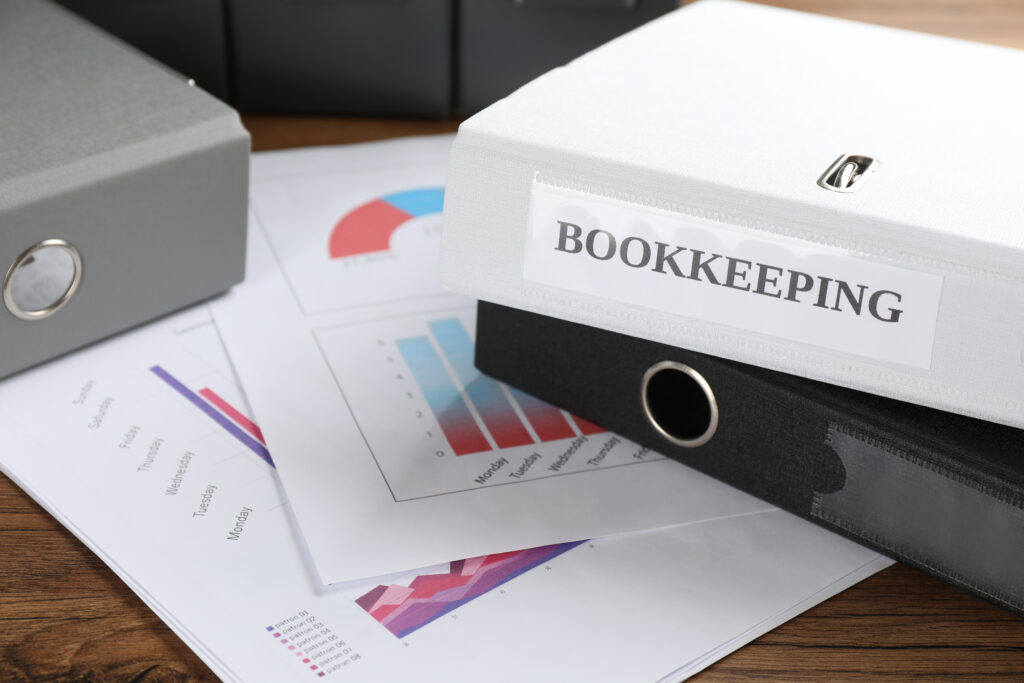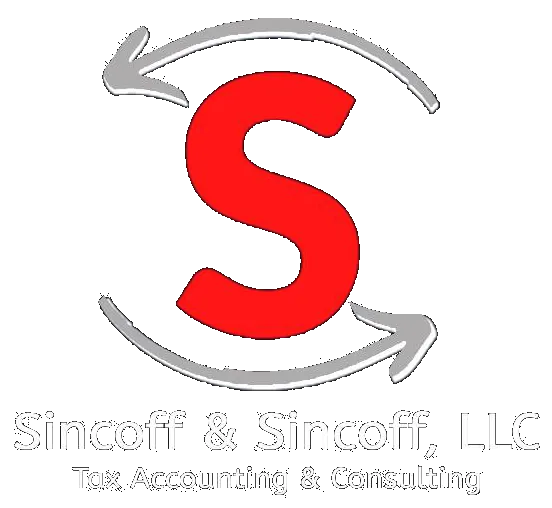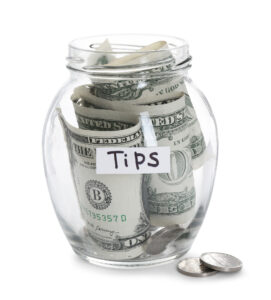Last April, I sat at my kitchen table until 3 AM, surrounded by receipts, bank statements, and empty coffee cups. My laptop had seventeen tabs open, each one a different attempt to understand why my books showed I owed my business money. That’s when I finally admitted what my wife had been saying for months: “You need help.”
The DIY Reality Nobody Talks About
When I started my consulting business five years ago, bookkeeping seemed simple enough. Money comes in, money goes out, track it in a spreadsheet. How hard could it be? Turns out, about as hard as performing your own root canal.
The first year was manageable. Maybe twenty transactions a month, all straightforward. Invoice client, receive payment, pay for website hosting. I even felt proud of my color-coded Excel sheets. “Look at me being a real business owner,” I’d think, categorizing expenses like I knew what I was doing.

Let Us Do Your Bookkeeping!
By year three, I was drowning. Multiple revenue streams, quarterly taxes, equipment depreciation, home office deductions. My “simple” spreadsheet had become a monster with thirty tabs that crashed every time I opened it. Still, I stubbornly insisted I could handle it. Entrepreneurs do everything themselves, right?
When the Cracks Start Showing
The warning signs were there, I just ignored them. Taking entire weekends to “catch up” on bookkeeping. Avoiding looking at bank statements because reconciling them made my head hurt. That sick feeling every time a client asked for an invoice because I wasn’t sure what number came next.
My friend Lisa runs a bakery and went through the same denial phase. “I convinced myself that paying someone to do basic math was stupid,” she told me. “Then I missed a quarterly tax payment because I forgot to track cash sales. The penalty was more than a bookkeeper would’ve cost for six months.”
The breaking point comes at different times for everyone. For me, it was realizing I’d turned down two profitable projects because I couldn’t face adding more financial complexity to my mess. For Lisa, it was the IRS notice. For my neighbor who runs a landscaping business, it was his wife threatening divorce if he spent one more Sunday swearing at QuickBooks.
The Real Cost of DIY
People always focus on the money saved by doing it yourself. Let’s flip that. What’s it actually costing you? I calculated my hourly rate and multiplied it by the twenty hours a month I spent on bookkeeping. The number made me nauseous.
But it’s worse than just time. There’s the mental cost. The stress of not really knowing if you’re profitable. The anxiety that you’re missing something important. The 2 AM panic about whether you’ve been collecting sales tax correctly (spoiler: I hadn’t been).
Then there’s opportunity cost. While I was wrestling with expense categories, my competitors were landing clients. While I tried to understand depreciation schedules, they were developing new services. “I spent so much time working IN my business, I stopped working ON it,” Lisa says. “My growth completely stalled.”
What Professional Bookkeeping Actually Looks Like
When I finally hired Patricia, my bookkeeper, I expected judgment. Instead, she looked at my digital shoebox of receipts and said, “I’ve seen worse. Let’s fix this.”
The first month was rough—lots of questions, lots of “where did this $3,000 come from?” But by month two, something magical happened. I logged into QuickBooks (which she’d insisted on) and everything just… made sense. Current profit, outstanding invoices, upcoming expenses, all right there. No guessing, no Excel acrobatics.
“Most of my job isn’t actually bookkeeping,” Patricia told me later. “It’s translating numbers into information business owners can use.” She was right. For the first time, I understood my cash flow patterns. I could predict slow months and plan accordingly.
The Switch Isn’t All or Nothing
Here’s what nobody tells you: hiring a bookkeeper doesn’t mean completely checking out of your finances. It means partnering with someone who speaks the language fluently while you learn key phrases.
I still review everything monthly. I still make all financial decisions. I just don’t spend weekends trying to remember if that Starbucks meeting was with a client or my brother. Patricia handles the recording; I handle the strategy. It’s like hiring a translator for a language you’re still learning.
Some people do a hybrid approach. My electrician buddy keeps doing daily transaction entry but has a bookkeeper review everything quarterly and handle the complicated stuff. “I like knowing where every dollar goes,” he says, “but I’m not touching payroll or depreciation calculations.”
When to Make the Jump
After watching dozens of small business owners go through this transition, I’ve noticed patterns. You’re ready for professional help when:
You dread anything finance-related and it’s affecting your business decisions. When you start avoiding looking at numbers, you’re flying blind.
Your business has grown beyond simple invoicing. Multiple revenue streams, inventory, employees—complexity multiplies fast. If reconciling takes more than an hour a month, you’re probably past DIY territory.
Mistakes are getting expensive. Missed tax deadlines, forgotten invoices, duplicate payments. One client forgot to invoice for three months of work because his “system” was Post-it notes. That’s $15,000 he almost lost.
You’re planning growth. Banks want clean financials for loans. Investors want professional books. Even bringing on a business partner requires clarity you probably don’t have with DIY bookkeeping.
Finding the Right Fit
Not all bookkeepers are created equal. I learned this after my first attempt hired someone who basically just did data entry with zero communication. Might as well have kept doing it myself.
Interview them like you would any crucial team member. Do they explain things in plain English? Do they understand your industry? Can they grow with your business? Patricia came recommended by another consultant, and that industry familiarity mattered. She knew why my revenue was lumpy and didn’t panic during slow months.
Cost varies wildly. I pay $400 monthly for basic bookkeeping plus quarterly tax prep. My friend with the bakery pays $250 because her transactions are simpler. The landscape guy pays $600 because of payroll complexity. All of us agree it’s the best money we spend.
Life After the Switch
It’s been two years since I admitted defeat and hired help. My business has doubled in revenue. Correlation isn’t causation, but having clean books definitely helped. I make decisions based on data now, not gut feelings and prayer.
More importantly, I sleep better. Tax time isn’t terrifying. I know exactly how much to set aside quarterly. When a client pays late, I know if it matters or if cash flow can handle it. That peace of mind? Priceless.
“I wish I’d done it sooner” is the refrain you hear from every business owner who makes the switch. We all say it, we all mean it. Pride and pennies keep us doing inadequate DIY bookkeeping way too long.
My advice? If you’re reading this at midnight, surrounded by receipts, wondering if that Amazon purchase was business or personal—make the call. Your future self will thank you. Your spouse definitely will. And your business might actually start feeling like a business instead of an administrative nightmare you happen to run.
The question isn’t whether you can do your own bookkeeping. It’s whether you should. For most of us, the answer becomes clear around the same time we’re googling “what is a balance sheet” at 2 AM. Save yourself the sleepless nights. Some things are worth paying for, and sanity tops that list.





